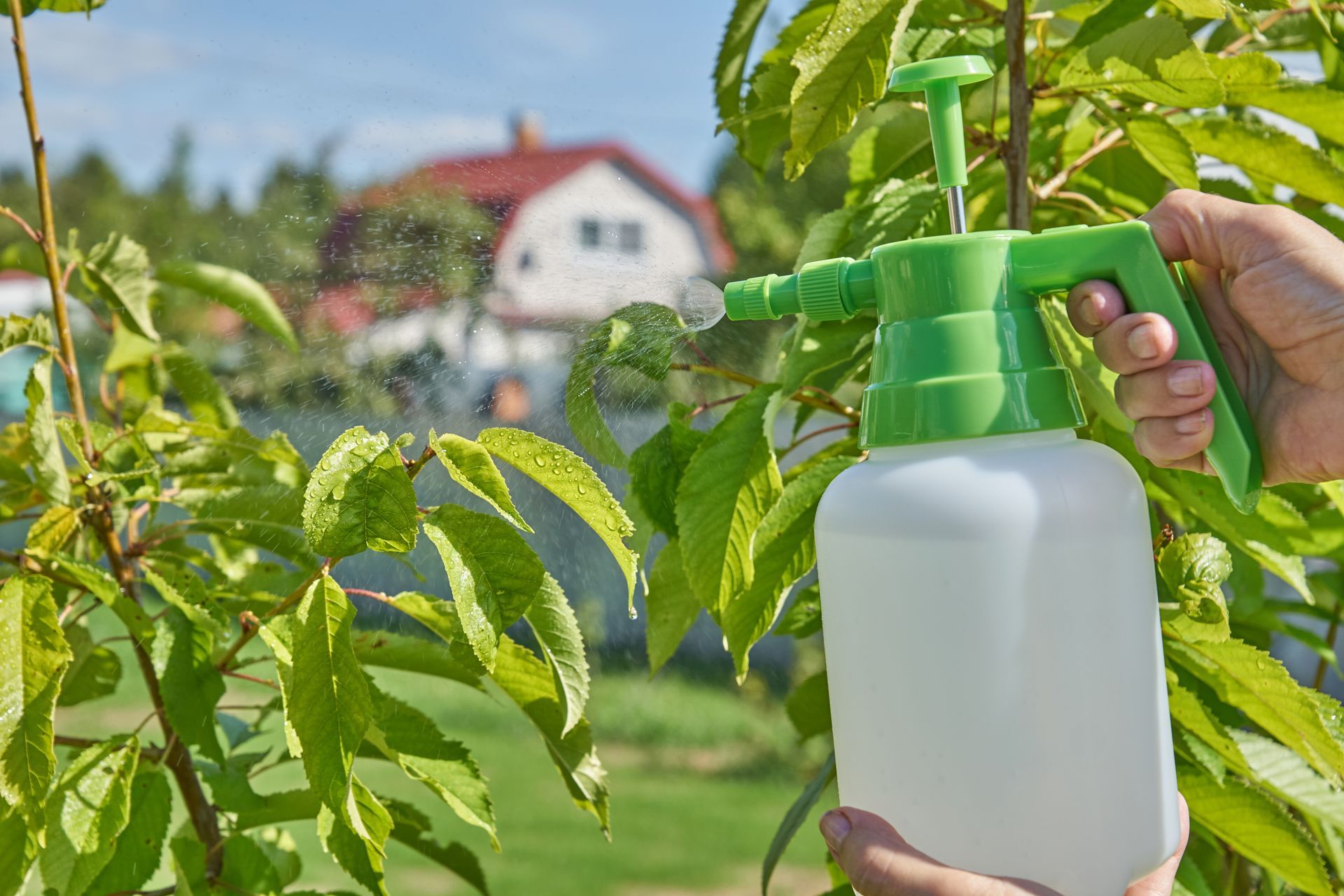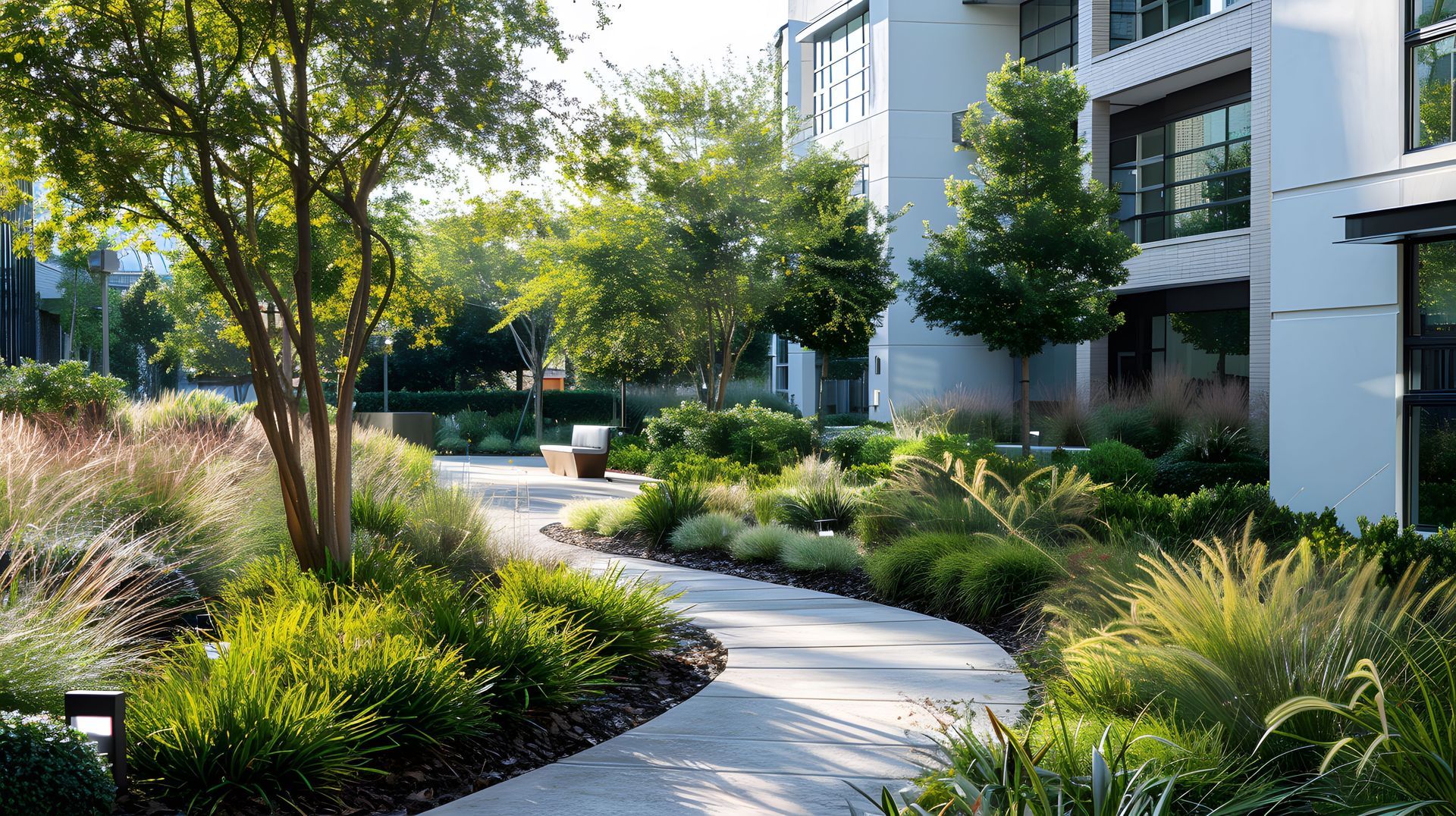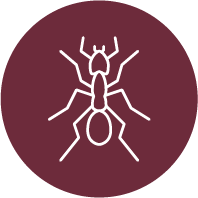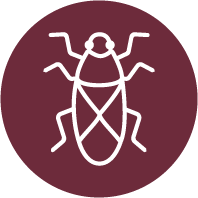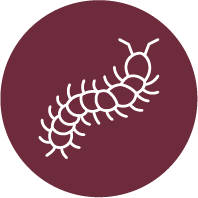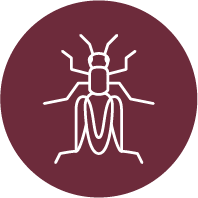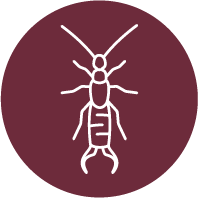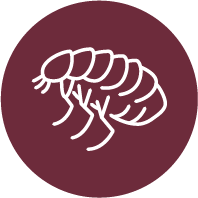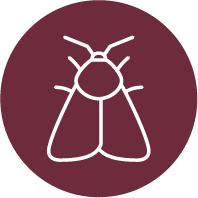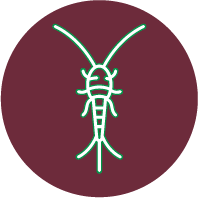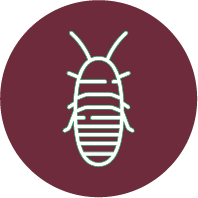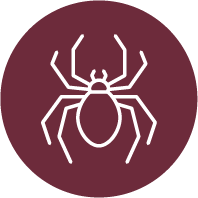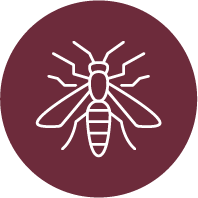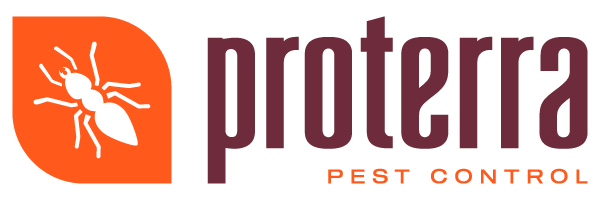The Financial Benefits of Regular Pest Inspections
Homeownership in Kennewick, Pasco, and Richland is a point of pride, and taking proactive steps to protect that investment can yield significant rewards—especially when it comes to pest control. Regular pest inspections often go overlooked, but this simple preventive measure can save homeowners thousands of dollars and a great deal of stress. By partnering with a professional pest control service, you can safeguard your home against the costly consequences of infestations, all while maintaining a healthier and more comfortable living space.
The High Cost of Pest Damage
One of the most compelling reasons to schedule regular inspections is the sheer financial risk posed by unchecked pest infestations. Termites alone are estimated to cause over $5 billion in property damage each year in the United States. Although there is no single pest or problem that affects every household, the Tri-Cities region’s unique climate and environment create conditions that can attract a wide range of insects and rodents. If unnoticed, these intruders often cause damage to:
- Wooden structures and furniture
- Electrical wiring
- Insulation and ductwork
- Foundations and load-bearing walls
When left untreated, damage can escalate quickly. For example, rodents chewing on electrical wiring can lead to fire risks—repairs from just one small fire could far exceed the cost of a yearly pest inspection. Likewise, structural damage from pests like carpenter ants or termites often requires extensive repairs. By the time homeowners realize the full extent of the damage, they may be left facing bills that run into the thousands.
The Savings of Preventative Measures
Compared to the potential cost of repairing structural damage or replacing compromised electrical systems, investing in a thorough pest inspection is relatively inexpensive. By catching warning signs early, you can address minor issues before they transform into major remediation projects. The cost of a single inspection and subsequent targeted treatment—should any issues arise—can be substantially lower than replacing an entire wall or fumigating your home in the aftermath of an extensive infestation.
In addition to avoiding catastrophic damages, consistent inspections help homeowners plan maintenance budgets more accurately. By knowing what to monitor, you reduce the likelihood of surprise repair costs that could otherwise derail your financial planning. This forward-thinking application of pest control encourages a stable, predictable budget, leaving room for the other improvements and investments you wish to make in your home.
Invest in Professional Pest Control Services
While some homeowners may attempt to carry out inspections themselves, a professional eye often spots early warning signs that might otherwise go undetected. Experts from reputable pest control companies are trained to:
- Identify risk factors unique to your property.
- Recognize early indicators of potential infestations.
- Provide targeted treatment options that are safe and effective.
Professionals also remain up to date on the latest pest control methods, industry regulations, and local data. Whether it’s accessing advanced equipment or applying proven detection tactics, having a knowledgeable partner beside you can make all the difference in minimizing costs and maximizing peace of mind. Moreover, enlisting local experts helps ensure that you benefit from region-specific insight—especially essential in the Tri-Cities, where conditions can vary significantly by neighborhood.
Internal measures such as maintaining a clean yard, sealing cracks, and storing firewood away from your home can also be effective in preventing infestations. Yet these steps alone may not be enough, especially against determined pests like termites, ants, and rodents. An annual or semi-annual professional inspection offers an added insurance policy against expensive complications in the future.
Take the Next Step to Protect Your Investment
Protecting your Kennewick, Pasco, or Richland home from pest damage is a smart strategy for anyone prioritizing long-term savings and comfort. By scheduling routine inspections and investing in professional solutions when necessary, homeowners can rest easy knowing that they are safeguarding their most valuable asset. Regular checkups help you detect issues early, plan for potential problems proactively, and avoid massive repair bills.
If you’re interested in learning more about how proactive pest control can keep your home secure and save you money, contact Proterra Pest Control today. Our dedicated team of professionals is ready to help you schedule an inspection and develop a plan tailored to your home’s unique needs. You can also explore our other specialized services to discover additional ways we can help protect your property. By taking a preventative approach now, you’ll reap the financial benefits for years to come—ensuring your home remains a safe, comfortable haven for you and your family.
